Social awareness is the ability to take the perspectives of others and apply it to your interactions with them. Daily interactions with peers and teachers can help build your child’s social awareness, but you play the greatest role in their social development.
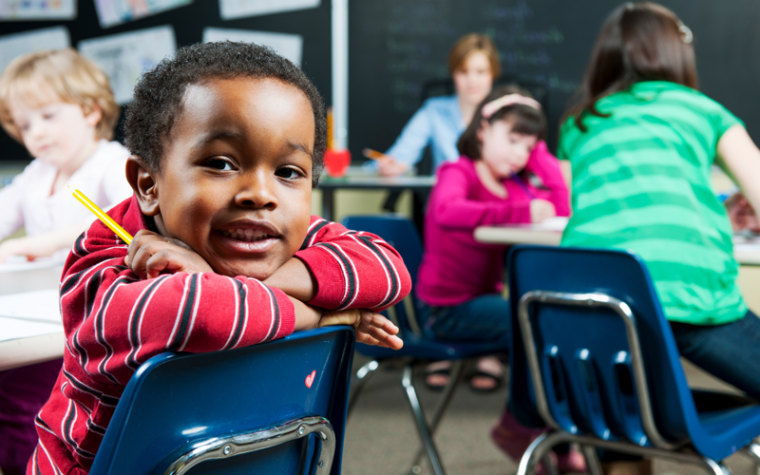
During these early elementary years, when children are in a formal school setting, they’re interacting with more peers and adults. This increased exposure to others begins to broaden their understanding of the world. Children at this age are developing the ability to identify their feelings and what causes them. They are also learning how to manage their emotions and behave appropriately. The concepts highlighted in this section are based on the five sets of competencies developed by the Collaborative for Academic, Social, and Emotional Learning (CASEL).
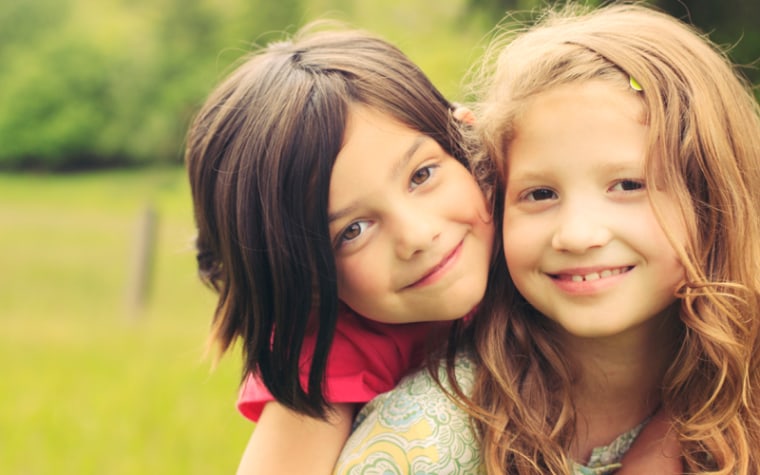
During the early elementary years, children are learning how to communicate their needs and emotions verbally, and how to identify what others are feeling based on their facial expressions and body language.
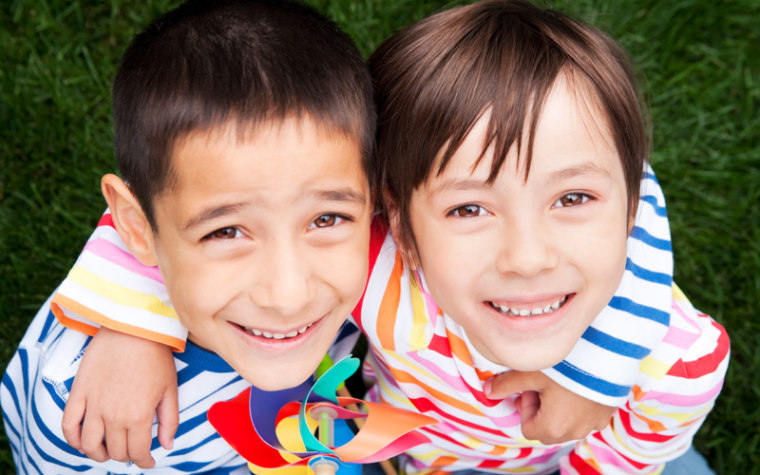
During the early part of this phase, your child is expanding their social circle and they are beginning to realize how their feelings and behaviors affect others. they are also discovering that others have different points of view and that these differences may affect their interactions.
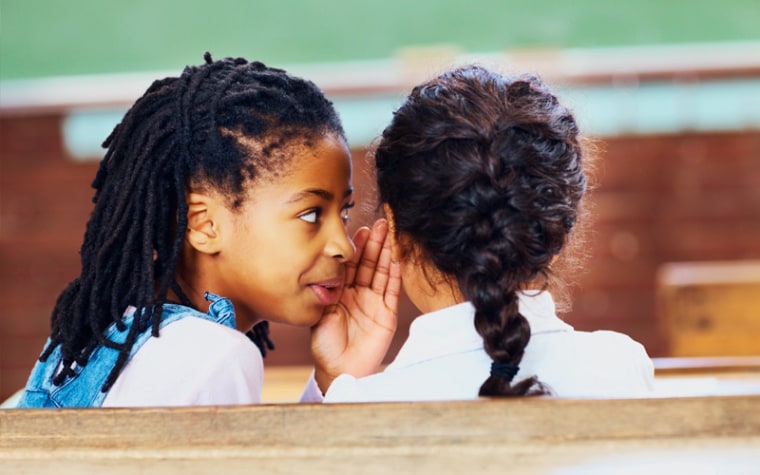
As children gain a better sense of other people’s perspectives and behaviors, and start to understand that feelings play a major role in the nature of relationships, they are developing social awareness.
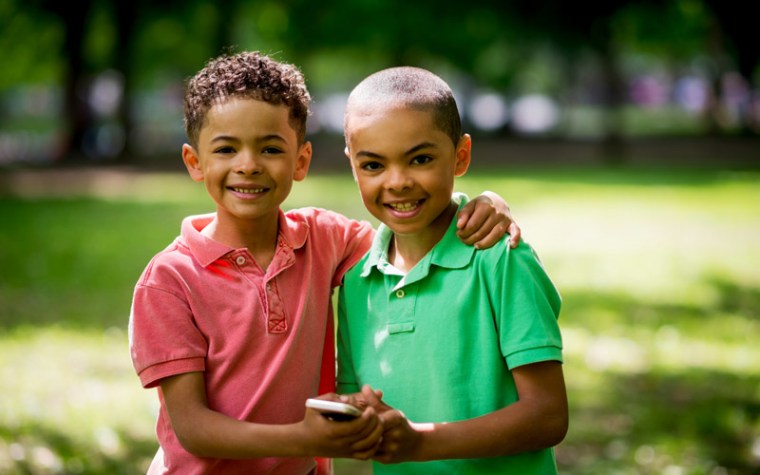
At this early age, children are learning how to interact with others and how to recognize their feelings and needs, although they may not yet know how to apply empathy to all of their interactions. For instance, your child may not fully understand why a classmate gets upset when she takes a pencil away without asking for it. As your child grows and becomes more socially aware, he or she should be able to better identify how their actions make others feel.
Learn more about how to support your child with our kindergarten social awareness tips page.
Parent Toolkit resources were developed by NBC News Learn with the help of subject-matter experts, including Anne Morrison, Pre-Kindergarten Teacher, Lycée Français de New York; Maurice Elias, Director, Rutgers Social-Emotional and Character Development Lab; and Jennifer Miller, Author, Confident Parents, Confident Kids.